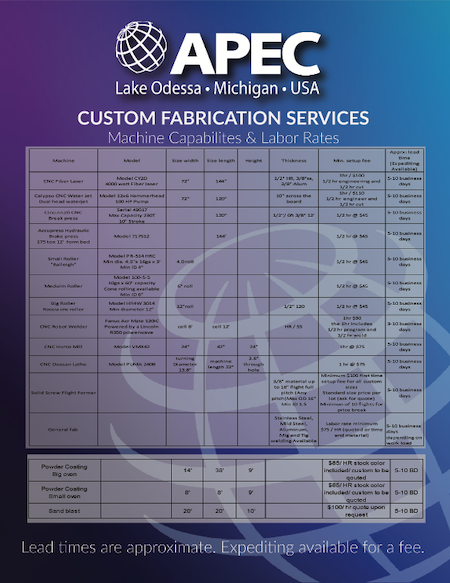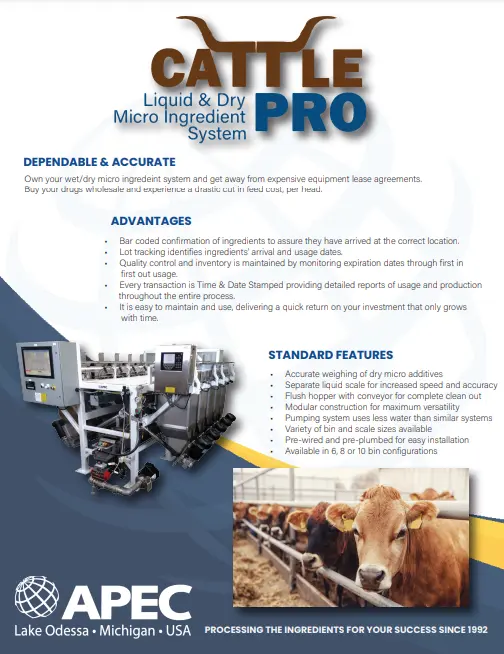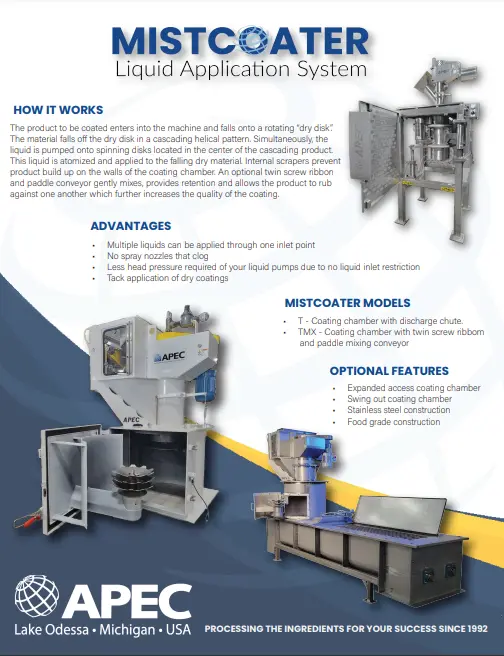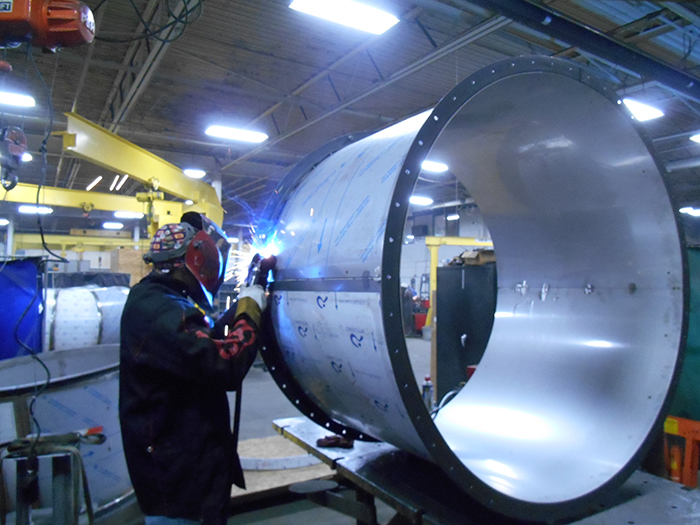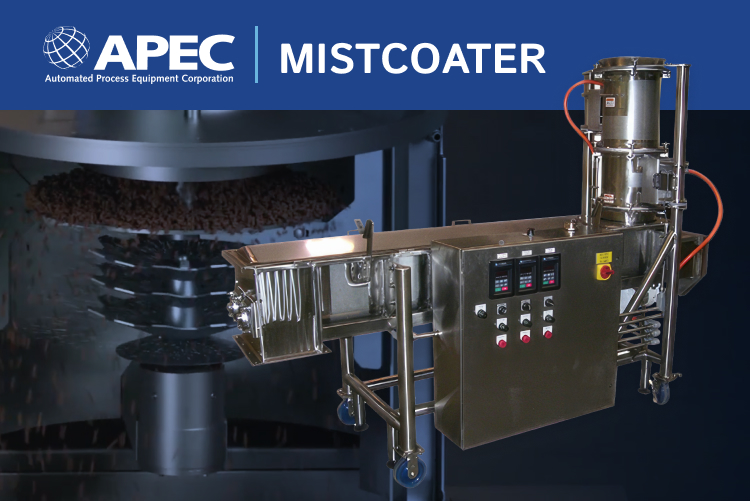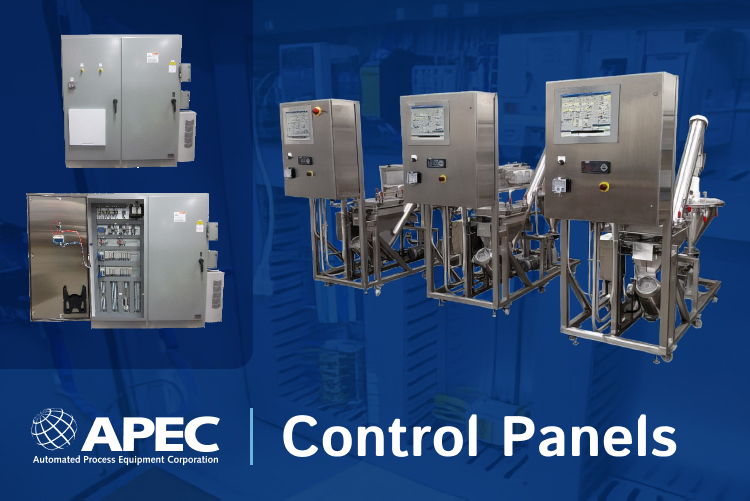
The Food Safety and Modernization Act has set a higher standard for reducing contamination in food and dangers to consumers. Automation has helped to improve FSMA compliance by increasing accuracy and consistency in food processing. Automation allows you to streamline processes and remove human error to make FSMA compliance simpler and more accurate. With some set-up from the start, you can take advantage of time- and cost-savings for years down the road.
Advantages of Automation for FSMA Compliance
Simplifying FSMA compliance with automation means utilizing the right integration and implementation. To get the most out of these benefits, it is important to allow your machinery and programs to communicate properly, so they do not become isolated in operational silos. When this information is transferrable across the organization, from shipping and receiving to processing to supply chain management and more, it becomes more useful to every person in the department. Each of these procedures is made simpler and more efficient through automation. Automation offers the following advantages at each step in the process
- Accuracy: Automation eliminates the need for a staff person to check a box, pull a lever, or record an amount. While these staff are still essential for ensuring that the equipment is working properly and the process is running smoothly, the automation system frees them from tedious or unnecessarily time-consuming tasks.
- Speed: By programming your automation equipment to run tasks in succession, you eliminate downtime and pauses in between. One process goes into the next without the need to perform extra checks or mark a chart.
- Consistency: Consistent operations as well as a consistent recipe are an essential part of FSMA compliance. By making the process systematic, automation improves consistency at every step.
How to Use Automation for FSMA Compliance
Electronic Record-Keeping
Accurate record-keeping is an essential part of FSMA compliance. If your facility undergoes inspection or audit, your records will show your due diligence. Automation can make record-keeping faster and more accurate by taking measurements and recording them as they happen. Automation can also improve the accuracy and consistency of the records, when using the right set-up and the right precautions.
Consider the following for automated record-keeping:
- Ingredients: Automatically record the type of ingredient you are working with, the bin or silo storing it, its origins and the supplier.
- Weights: Automated weighing systems record how much of the ingredient was used in the recipe the moment it is distributed.
- Lot numbers: Electronically recording lot numbers facilitates a smooth track and trace system.
- Dates: Delivery dates, use dates, shipping dates, and expiration dates will all help you to maintain a FIFO system and improve your track and trace process.
Measuring
Weighing and measuring systems are one of the best ways to simplify FSMA compliance with automation. Automated weighing systems improve accuracy, speed, and consistency in multiple ways. With the right weighing and batching system, you can distribute exact amounts of any ingredient and you can be sure that the material is going to and from the right place. This eliminates the need for any manual operation, and also eliminates inconsistencies that may arise from manually filling bins, selecting ingredients, and recording these selections. As the automation system automatically releases and weighs materials into the recipe, it also records the amount, so there is no risk of inaccuracy between measurement and recording.
Packaging and Labeling
The right packaging and labeling are key parts of FSMA compliance and general food safety, regardless of the product. A fully integrated automation system can automatically label products with all of the information acquired through the process, such as the ingredients, lot numbers, expiration dates, and more.
Effective recall procedures are an essential part of HACCP assessment and FSMA compliance, and proper labeling plays an essential role in this. While it is impossible to test for and prevent every possible contaminant, accurate lot tracking and recall operations allow producers to stop damage from contamination. With lot information tracked automatically, start to finish, from raw ingredient receiving to shipping the finished product, all of this information is accurate and placed on the package.
Testing
Though it is impossible to test for every possible contaminant, it is possible to test for and prevent the spread of the most common contaminants. For food processing facilities this includes a number of foodborne illness pathogens such as salmonella, listeria or E. Coli, among others. For grain and livestock feed processors, it might include grade and quality testing or testing for the presence of aflatoxins or vomitoxins. Automation is not feasible for every test or every operation, but testing processes can be simplified by automation in some situations. Automating this process ensures that the test is conducted properly and at regularly required intervals.
In addition to improving accuracy, consistency, and speed, automation for FSMA compliance also provides other advantages. Workers are freed from repetitive and unengaging tasks that inevitably produce errors. By keeping detailed records automatically, the business reduces liability and protects its reputation. Finally, automation also reduces product and material losses, saves time, and ultimately reduces cost.


